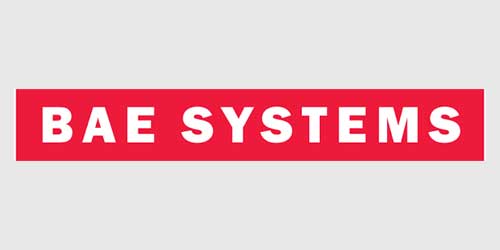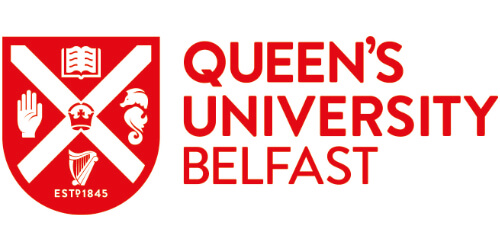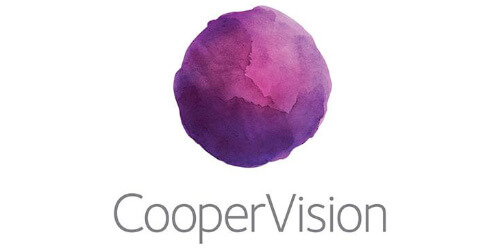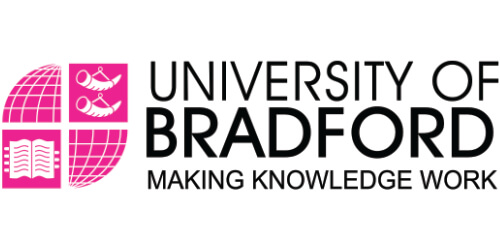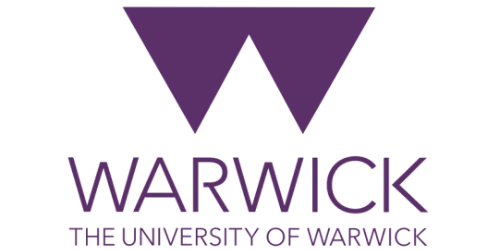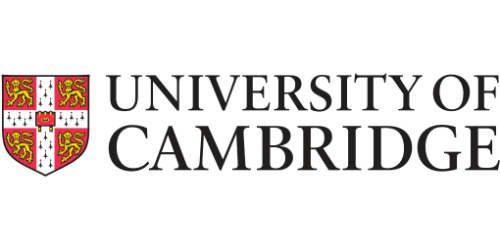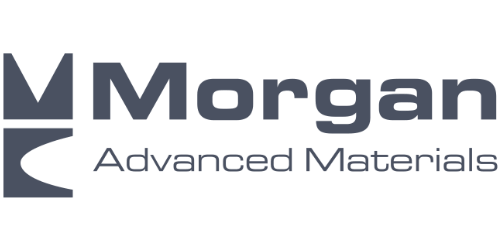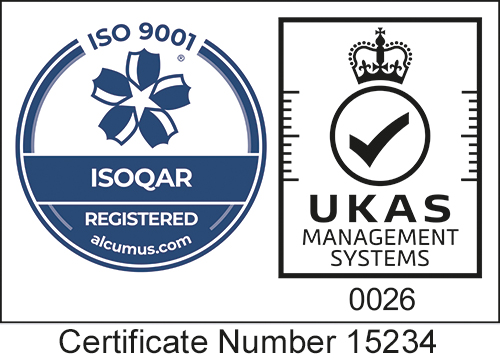Established in 2016, The Making Lab at the Francis Crick provides Crick-affiliated researchers with the expertise, training and tools needed to make devices to aid their experiments, while also acting as a forum to share expertise. Functioning as a collaborative hub, the lab hosts engineers, biologists, and industry partners, fostering innovative problem-solving in engineering and biomedical research. With hundreds of collaborative projects since its inception, the lab has become known for advancements in microfluidic devices, amongst others.
 Fig 1 – A microfluidics device, courtesy of the Making Lab at the Francis Circk Institute.
Fig 1 – A microfluidics device, courtesy of the Making Lab at the Francis Circk Institute.
Advanced Instrumentation
The Making Lab houses a suite of cutting-edge tools to assist in the development their solutions. Amongst these is the Henniker Plasma HPT-100, a microprocessor-controlled benchtop plasma treatment system that is ideally suited to surface activation, cleaning, and modification of a wide range of materials including polymers, metals, glass, and ceramics.

Fig 2. The HPT-100 plasma cleaner.
PDMS Bonding with Henniker Plasma System
Central to the microfluidic production technique is PDMS bonding, a delicate process critical for successful device fabrication. The Making Lab employs the HPT-100 plasma cleaner from Henniker Plasma, offering meticulous control at low powers, specifically designed for intricate PDMS bonding applications. This approach ensures optimal bonding conditions, leading to the production of high-quality microfluidic devices.
Fig 3. The Making Lab - PDMS and glass cover slips inside the HPT-100 plasma cleaner.
PDMS (Polydimethylsiloxane) is by far the most popular material used in microfluidics research where it is deployed for rapid prototyping with minimal cost. PDMS, however, requires a surface treatment step in order to produce strong, conformal bonds between the substrate and the glass. Plasma treatment of PDMS increases hydrophilic (-OH) groups on the PDMS surface which subsequently form strong covalent bonds (Si– O–Si) when brought together with glass. These covalent bonds form the basis of a practically inseparable seal between the layers, allowing the development of intricate microfluidic devices with precise channels and structures. The plasma treatment not only alters the surface properties of PDMS, enhancing its bond to the glass but also improves wettability making it more compatible with the aqueous solutions used in microfluidic devices. This modification is crucial for applications such as cell culture, drug delivery, and biochemical analysis, where maintaining a stable interface between the PDMS device and the glass substrate is essential.

Fig 4 – Contact angle variations with increasing treatment time at 25% power show a switch between hydrophobic to hydrophilic behaviour. Inserts show example droplets/contact angles.

Fig 5 – Contact angle variations with increasing power with 10 secs exposures again displaying a switch between hydrophobic to hydrophilic behaviour.
The strong covalent bonds created during the bonding process ensure that the microfluidic device can withstand the pressures and flow rates required for various experiments, making it highly reliable for scientific research and medical diagnostics. Moreover, the flexibility and transparency of PDMS, combined with its ability to form tight seals through plasma treatment, enable researchers to observe and manipulate microscale phenomena in real-time, leading to significant advancements in fields ranging from biology to chemistry. As a result, the purchase of the HPT-100 system has streamlined microfluidic device production at the Making Lab. By marrying advanced manufacturing facilities with precise plasma cleaning technology, the lab drives the development of microfluidic innovations. Watch our latest video here where we can see the plasma system in action at the Making Lab.
Advancing Microfluidic Production at The Making Lab, Francis Crick Institute
The microfluidic devices crafted at The Making Lab enhance our understanding of fundamental biological processes and pave the way for novel diagnostic tools, drug delivery systems, and personalised medicine approaches. The lab's commitment to innovation and resource provision plays a pivotal role in shaping the future of microfluidics. Their work pushes the boundaries of what is possible in this dynamic and rapidly evolving field, ensuring a brighter future for scientific exploration and application.
For further insights into The Making Lab facilities and its implications for microfluidic production, interested parties are encouraged to get in touch, here. For more information on PDMS Bonding and plasma treatment of Microfluidics please visit our dedicated website section here.
Click here to download the full Case Study
